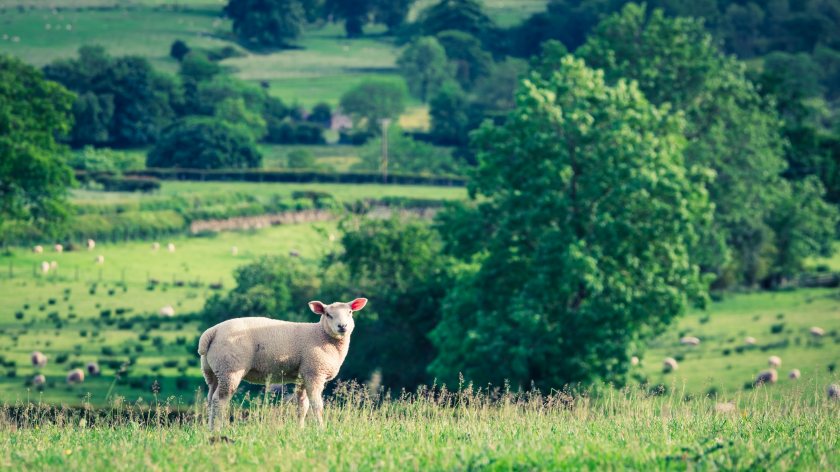New research targets deadly parasite draining UK livestock sector

A costly parasite is quietly wreaking havoc on farms across the country — and scientists say farmers urgently need better tools to fight back.
Farmers need better guidance and tools to manage liver fluke – a parasitic disease causing significant damage to livestock productivity – according to new research from Aberystwyth University.
Early findings from the FlukeMAP project reveal widespread uncertainty among farmers around how best to control the disease, which affects the majority of sheep flocks and cattle herds in the UK.
Liver fluke infections are estimated to cost the UK livestock industry up to £300 million each year, due to reduced productivity, increased mortality rates, and rising veterinary costs.
Researchers say the challenge is compounded by growing resistance to the drugs used to treat the parasite, as well as climate change creating more favourable conditions for it to thrive.
Speaking about the research, Dr Rhys Aled Jones said: “Our aim is to develop sustainable, innovative strategies and provide farmers with better guidance and practical tools so they are better supported in their efforts to control liver fluke, which has become such a major problem on farms across Wales and the rest of the UK.
“If our research can help to control this parasite more effectively, there will be economic benefits through improved productivity as well as environmental benefits.
"Liver fluke is a harmful infection so there will be benefits too in terms of animal welfare, and ensuring animals are healthy is one of the most effective ways of mitigating the environmental impact of livestock production systems.”
The three-year project, funded by the Biotechnology and Biological Sciences Research Council (BBSRC), is developing new control methods for the parasite, which uses mud snails as an intermediate host.
Researchers are pioneering the use of environmental DNA (eDNA) to detect these snails on farmland and are analysing soil conditions to identify high-risk areas.
Dr Gwen Rees from the School of Veterinary Science highlighted the difficulties faced by farmers: “Liver fluke is a complicated disease, and the advice available to farmers from vets and industry is mixed and sometimes conflicting.
"Not surprisingly perhaps, we found there was a lot of uncertainty, with farmers often unsure about how to diagnose, when best to treat, where might be risky for infection and whether they had a fluke problem or not.
“As a result of their uncertainty around disease risk and how best to manage it, farmers often reported needing to use flukicides as a precautionary measure, but this can lead to flukicide resistance as well as medicine residues in the environment.”
Analysis of farm surveys has reinforced this picture, revealing common misconceptions about the conditions in which liver fluke risk is highest.
While wet weather is often associated with risk, researchers say the timing, duration, and specific soil conditions – particularly pH levels and organic matter – are just as crucial in determining vulnerability to infection.
Dr Jones added: “These factors were rarely considered by farmers when assessing risk on land and this highlights a clear opportunity for improved guidance to support more accurate risk assessments.
“Accurately identifying fluke risk areas on farms can support more sustainable control strategies. These include optimising the use of diagnostic tests and treatments, and implementing targeted land and grazing management practices to reduce the likelihood of infection.”








